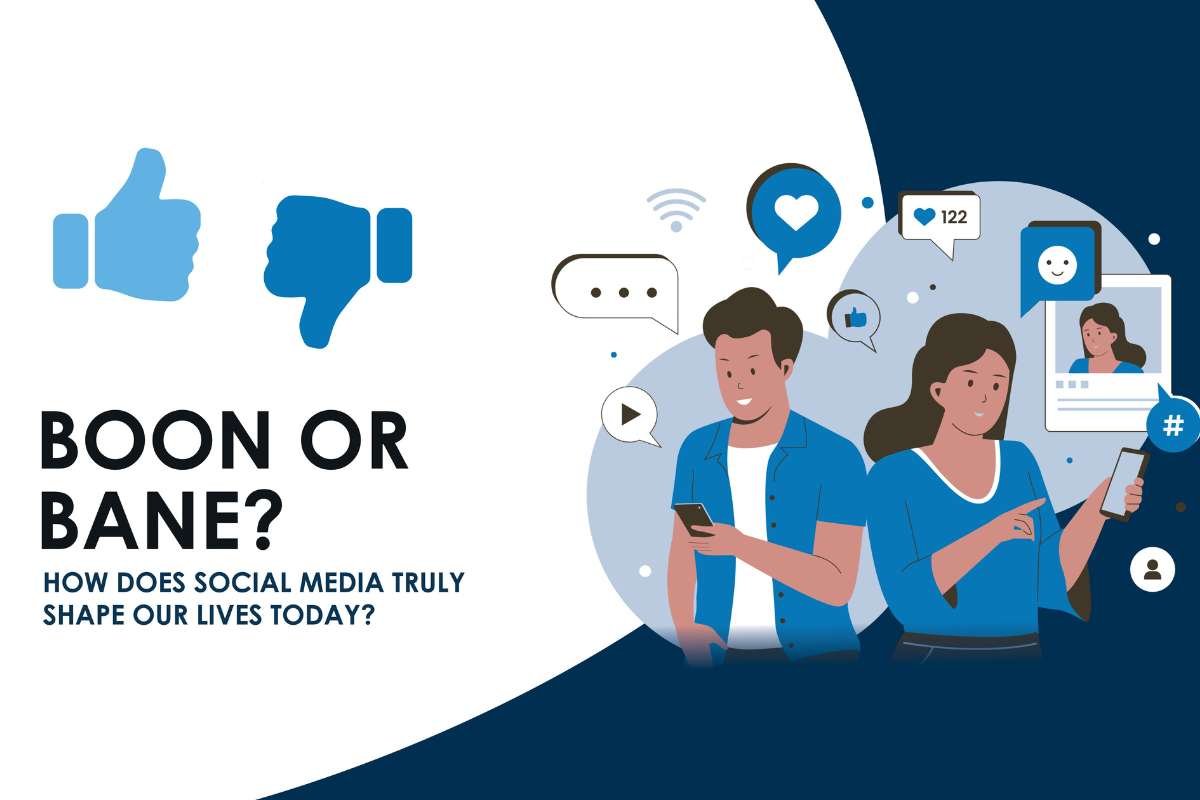The insurance industry has always been built on trust—people rely on insurers to protect their most valuable assets, health, and financial security. But in today’s digital world, that trust extends beyond policies and customer service. It hinges on how well companies protect sensitive information from cyber threats. With insurers handling a massive amount of personal, financial, and health data, they’ve become prime targets for cybercriminals. That’s why cybersecurity isn’t just an IT concern—it’s a business-critical priority. From ensuring smooth operations to staying compliant with regulations, strong cybersecurity measures are essential for insurance companies to keep both their systems and their customers safe.
Here are main aspects why cybersecurity is crucial to the insurance industry
- Sensitive Data Protection:
Insurance companies handle vast amounts of highly sensitive personal, financial, and medical data, making them prime targets for cybercriminals. Effective cybersecurity is crucial for protecting this data from breaches, which can result in identity theft, financial fraud, and substantial harm to both individuals and businesses.
- Maintain Trust and Reputation:
A data breach can cause severe financial losses, regulatory penalties, and irreparable damage to an insurer’s reputation. Customer trust is fundamental in insurance, and robust cybersecurity helps maintain that trust by safeguarding client information.

- Regulatory Compliance:
The insurance sector faces increasingly strict regulations regarding data protection. Failing to secure customer data can result in heavy fines and legal consequences, making cybersecurity not just a best practice but a regulatory necessity.
- Operational Resilience:
Cyber-attacks, especially ransomware and phishing, can disrupt operations and cause downtime. Insurance companies must ensure operational resilience through strong cybersecurity to continue serving clients without interruption.
- Market Impact and Risk Management:
The rise in cyber threats has led to a booming market for cyber liability insurance. Insurers must protect themselves from cyber risks while also accurately assessing and underwriting cyber insurance for their clients. Strong cybersecurity practices reduce the likelihood and impact of incidents, lowering insurance claims and premiums.
- Evolving Threat Landscape:
As technology advances, so do cyber threats. Insurance companies must continuously adapt, invest in advanced security technologies, and train staff to stay ahead of attackers.
In summary, cybersecurity is fundamental for the insurance industry to protect sensitive data, comply with regulations, ensure business continuity, and uphold customer trust in an increasingly digital and trust-prove environment.
How does Artificial Intelligence enhance cybersecurity defenses in insurance companies?

Artificial Intelligence (AI) significantly enhances cybersecurity defences for insurance companies by enabling real-time analysis of massive data volumes, rapid threat detection, and adaptive risk management. Key ways ASI improves defences include:
Real-Time Threat Detection: AI-powered systems analyze data continuously to identify anomalies and potential breaches much faster than traditional methods, allowing for immediate response.
Predictive Risk Assessment: AI examines past incidents and current security postures to forecast vulnerabilities and generate a risk heat map, helping insurers prioritize defences and tailor coverage.
Automated Security Updates: AI can automate the deployment of patches and updates, reducing the window of vulnerability and minimizing the impact of attacks.
Personalized Security Policies: By analyzing company-specific data such as industry, size, and cybersecurity practices, AI helps insurers design customized coverage and recommend targeted security improvements.
Fraud Detection: AI algorithms detect patterns indicative of fraudulent activities, such as suspicious claims or identity theft, protecting both the insurer and policyholders.
Continuous Learning: AI systems evolve by learning from new data, improving threat detection, and adapting to emerging cyber threats over time. These capabilities allow insurance companies to stay ahead of cybercriminals, reduce risk exposure, and strengthen overall cybersecurity resilience.

Conclusion
Cybersecurity isn’t a luxury for insurance companies—it’s a necessity. As the digital landscape evolves, so do the risks, making it vital for insurers to stay a step ahead. Protecting sensitive data, avoiding costly breaches, and keeping customer trust intact all come down to having the right security in place. With tools like Artificial Intelligence now playing a bigger role, insurers can detect threats faster, prevent fraud more effectively, and create smarter, more personalized security strategies. In short, a strong cybersecurity foundation doesn’t just protect the company—it empowers it to grow, adapt, and serve its customers better in an increasingly connected world.
About the Author:

Jaya Prasad Rao Adnala is a highly accomplished IT professional and Insurtech specialist with over two decades of experience in the financial services industry. Currently serving as the Advanced Application Engineering Manager at Accenture Australia Pty Ltd, he has a rich history of international experience, having worked in Australia, India, the United Kingdom, and the Philippines.
His career journey began as a Software Training Faculty before evolving into roles involving design, development, testing, and large-scale execution in global tech environments. From leading key projects for clients like the Department for Work and Pensions (UK), JP Morgan Chase Bank (Philippines), and QBE Insurance (Australia), to earning 12 Guidewire certifications and completing over 85 training programs, Jaya’s professional growth has been defined by innovation, precision, and leadership in the Insurtech space.
Recognized for his excellence, Jaya has received multiple prestigious awards, including the Delivery Heroes Award (2025) and Execution FS Award (2023) from Accenture Australia, the Global Icon Award (2024) by Highflyers 50, and the Global Achievers Award (2024) from India Achievers Award for his outstanding contribution toward nation-building. An advocate for continuous learning and technological advancement, he actively participates in seminars and AI, cloud, and cybersecurity workshops, including the Consultant Conference in Sydney. Beyond his corporate contributions, Jaya is also dedicated to community service, mentoring college students in Australia and guiding them on the importance of technology in modern careers.


















